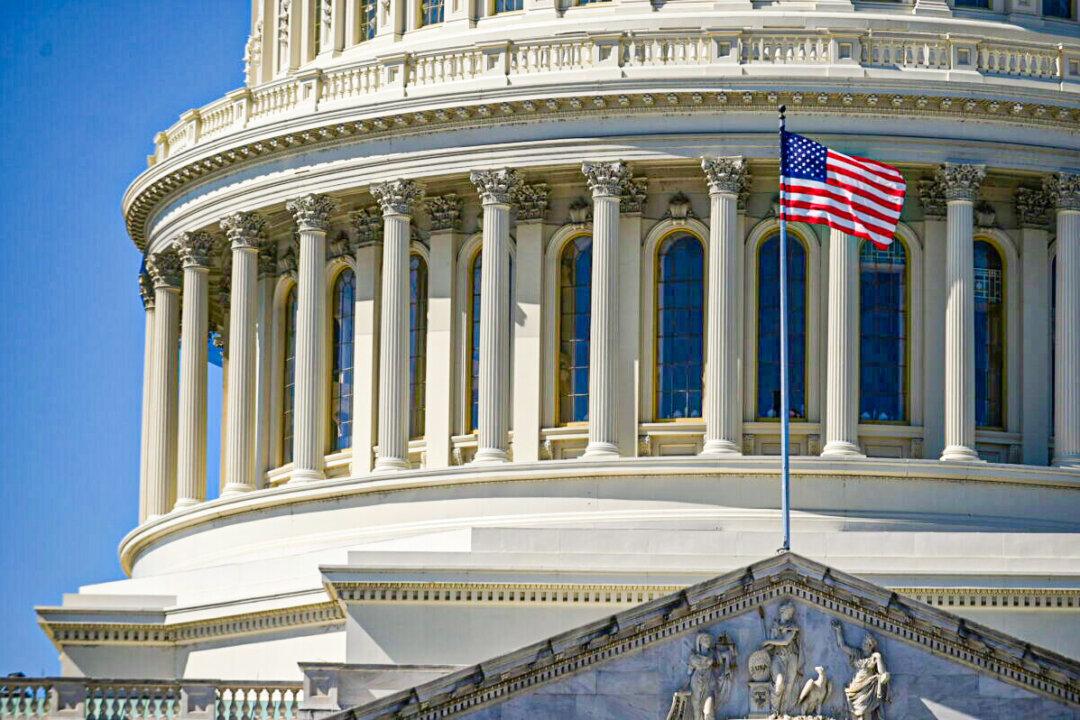Commentary
The United States should be concerned about communist China but not let fearmongering politicians use China to gain power and pursue bad policies.

The United States should be concerned about communist China but not let fearmongering politicians use China to gain power and pursue bad policies.